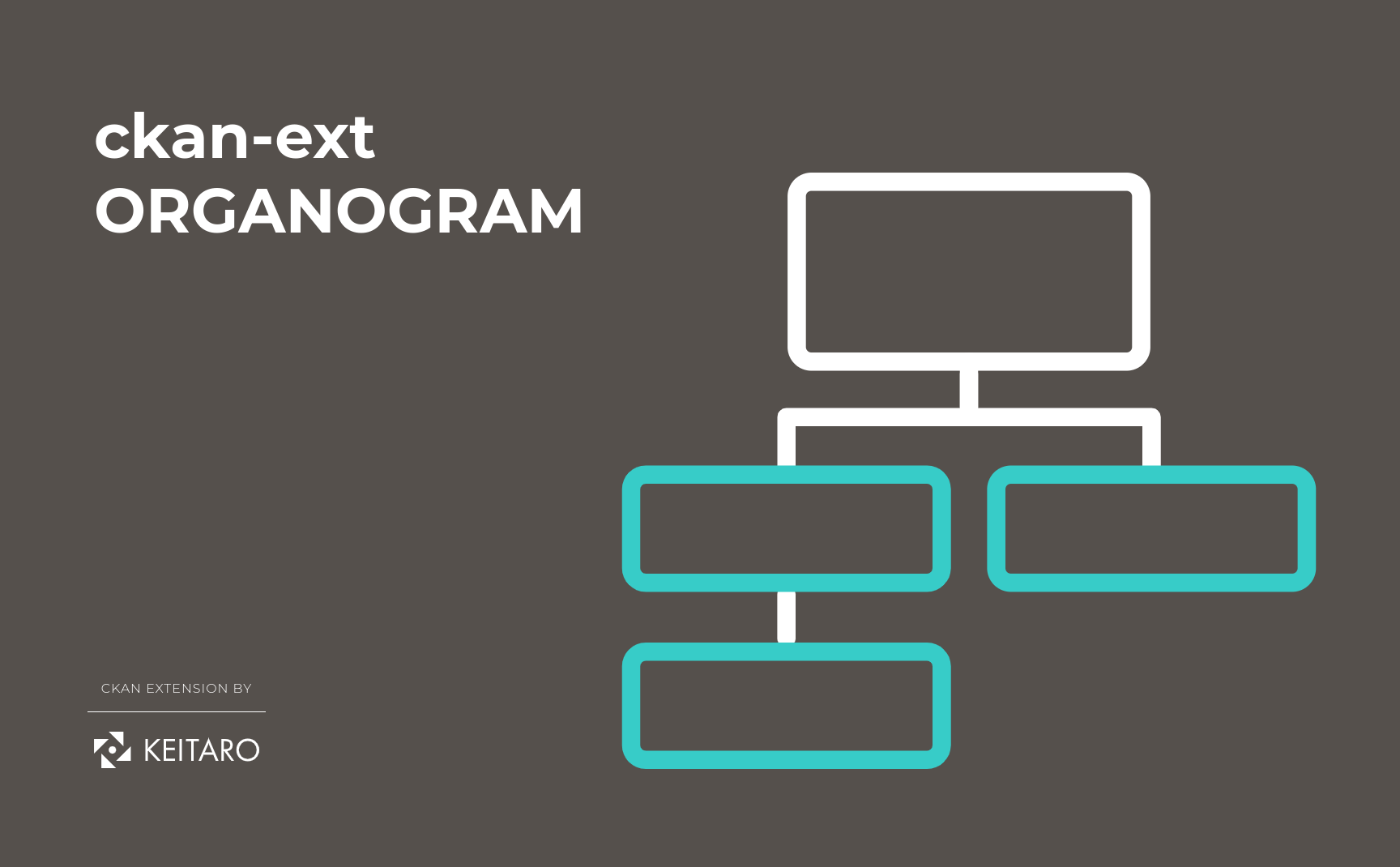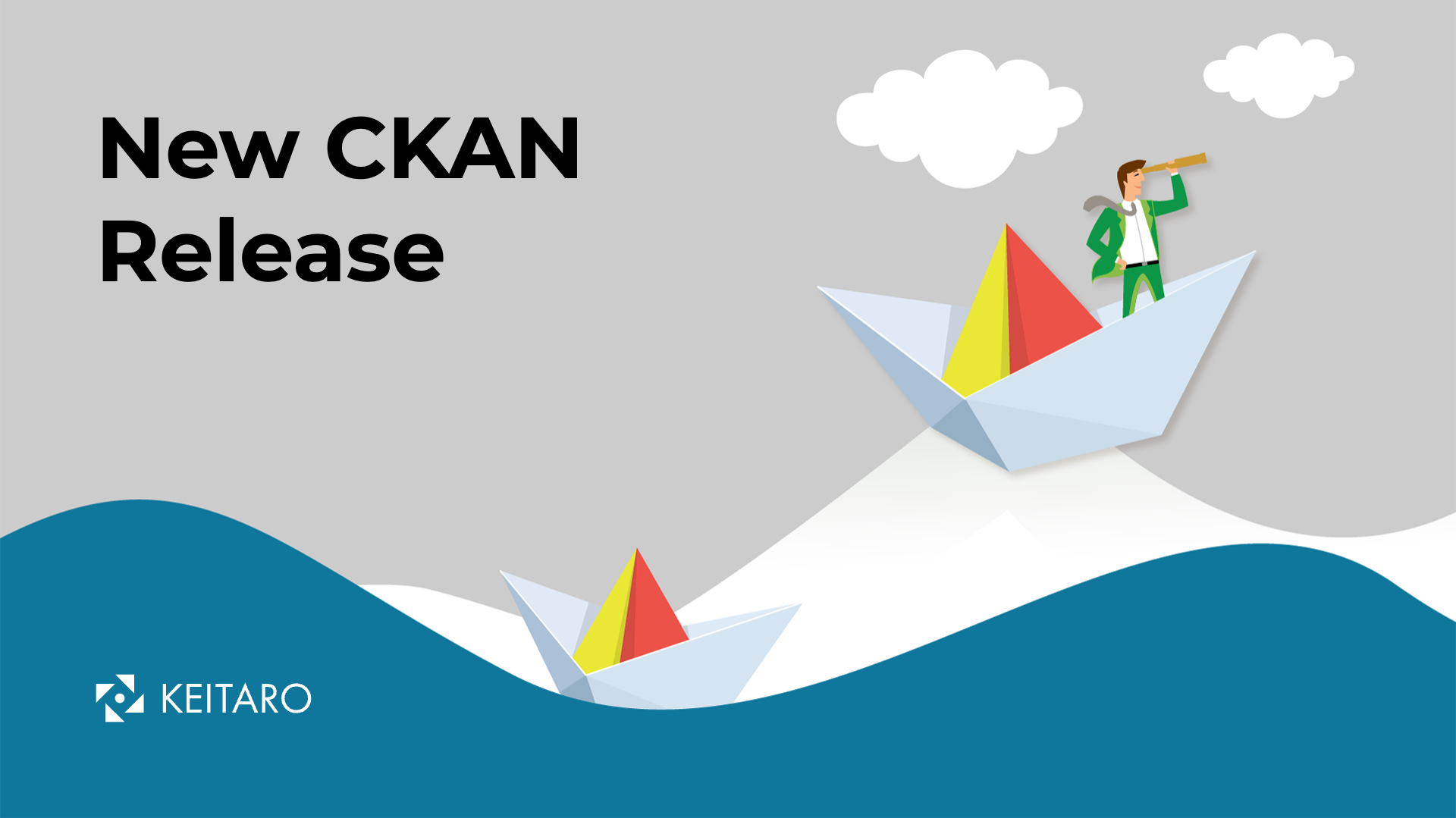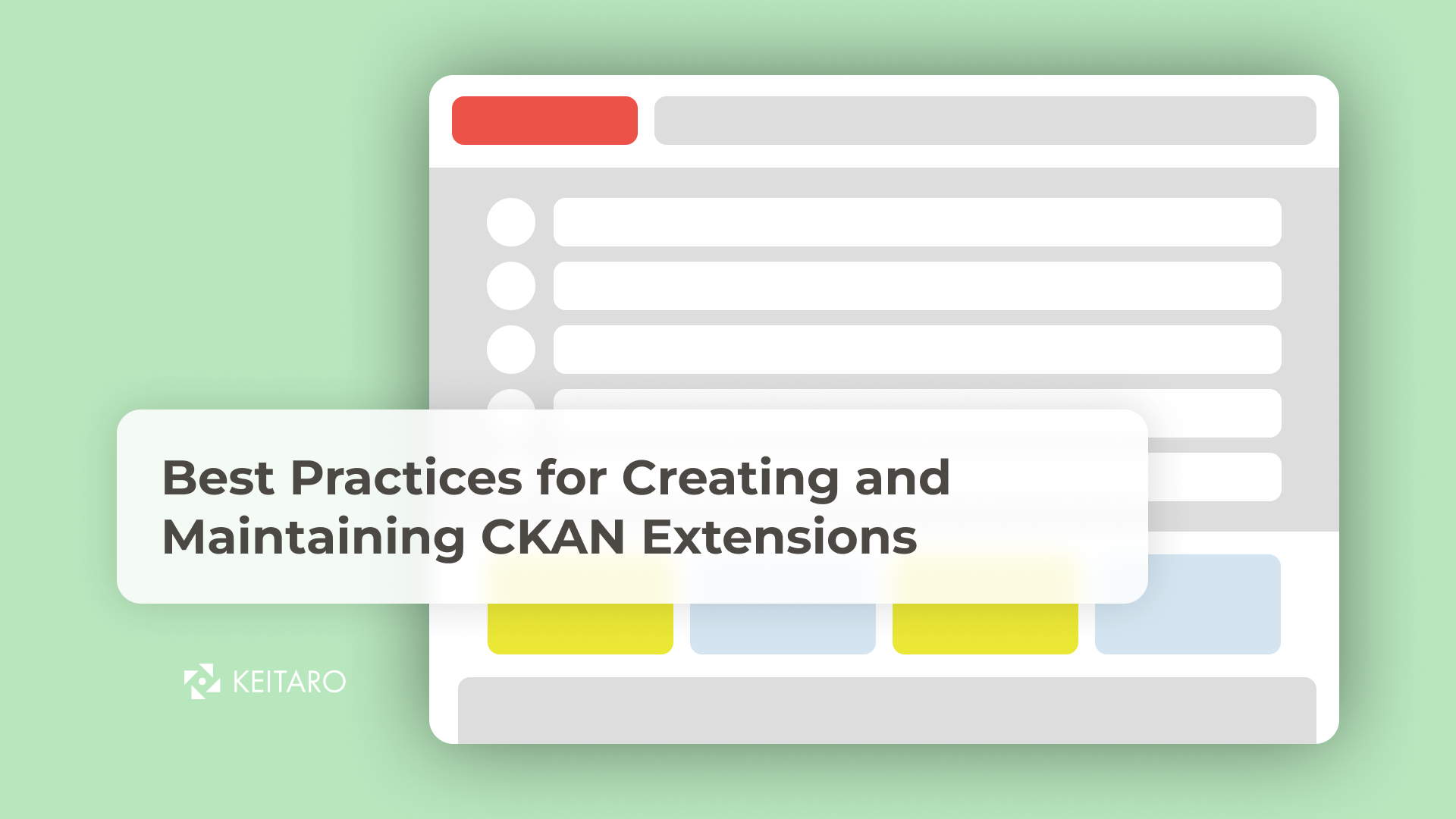Data portals play a crucial role in providing open access to datasets and fostering transparency in various domains. CKAN, a widely used open-source data portal platform, offers a plethora of features to manage and showcase datasets effectively. However, sometimes it’s essential to go beyond raw data and provide users with insightful visualizations. This is where ckanext-organogram comes into play.
In this blog post, we’ll explore ckanext-organogram, an extension designed specifically for CKAN, that empowers users to create interactive organogram charts to visualize organizational hierarchies. Whether managing a government dataset or building a corporate data portal, ckanext-organogram adds an extra layer of understanding by visually representing complex organizational structures.
We’ll delve into the installation process, configuration options, and development guidelines to help you start with ckanext-organogram. Whether you’re a CKAN user seeking to enhance your data portal or a developer interested in contributing to the project, this blog post will equip you with the necessary knowledge to leverage ckanext-organogram’s capabilities effectively.
Requirements
For example, you might want to mention here which versions of CKAN this extension works with.
Installation
To install ckanext-organogram:
Activate your CKAN virtual environment, for example:
. /usr/lib/ckan/default/bin/activate
Install the ckanext-organogram Python package into your virtual environment:
pip install ckanext-organogram
Add organogram to the ckan.plugins setting in your CKAN config file (by default the config file is located at /etc/ckan/default/production.ini).
Restart CKAN. For example if you’ve deployed CKAN with Apache on Ubuntu:
sudo service apache2 reload
Config Settings
Document any optional config settings here. For example:
# The minimum number of hours to wait before re-checking a resource
# (optional, default: 24).
ckanext.organogram.some_setting = some_default_value
Development Installation
To install ckanext-organogram for development, activate your CKAN virtualenv and do:
git clone https://github.com//ckanext-organogram.git
cd ckanext-organogram
python setup.py develop
pip install -r dev-requirements.txt
Running the Tests
To run the tests, do:
nosetests --nologcapture --with-pylons=test.ini
To run the tests and produce a coverage report, first make sure you have coverage installed in your virtualenv (pip install coverage) then run:
nosetests --nologcapture --with-pylons=test.ini --with-coverage --cover-package=ckanext.organogram --cover-inclusive --cover-erase --cover-tests
Registering ckanext-organogram on PyPI
ckanext-organogram should be availabe on PyPI as https://pypi.python.org/pypi/ckanext-organogram. If that link doesn’t work, then you can register the project on PyPI for the first time by following these steps:
Create a source distribution of the project:
python setup.py sdist
Register the project:
python setup.py register
Upload the source distribution to PyPI:
python setup.py sdist upload
Tag the first release of the project on GitHub with the version number from the setup.py file. For example if the version number in setup.py is 0.0.1 then do:
git tag 0.0.1
git push --tags
Releasing a New Version of ckanext-organogram
ckanext-organogram is availabe on PyPI as https://pypi.python.org/pypi/ckanext-organogram. To publish a new version to PyPI follow these steps:
Update the version number in the setup.py file. See PEP 440 for how to choose version numbers.
Create a source distribution of the new version:
python setup.py sdist
Upload the source distribution to PyPI:
python setup.py sdist upload
Tag the new release of the project on GitHub with the version number from the setup.py file. For example if the version number in setup.py is 0.0.2 then do:
git tag 0.0.2
git push --tags
In conclusion
ckanext-organogram is a valuable extension for CKAN that enhances data portals by providing interactive organogram chart visualizations. It helps users visually represent complex organizational hierarchies, making it useful for government and corporate data portals. The blog post covers installation, configuration, and development guidelines, equipping users and developers with the necessary knowledge to leverage its capabilities effectively. By incorporating ckanext-organogram, users gain a deeper understanding of organizational structures, promoting transparency and improving the user experience on CKAN-powered data portals.


